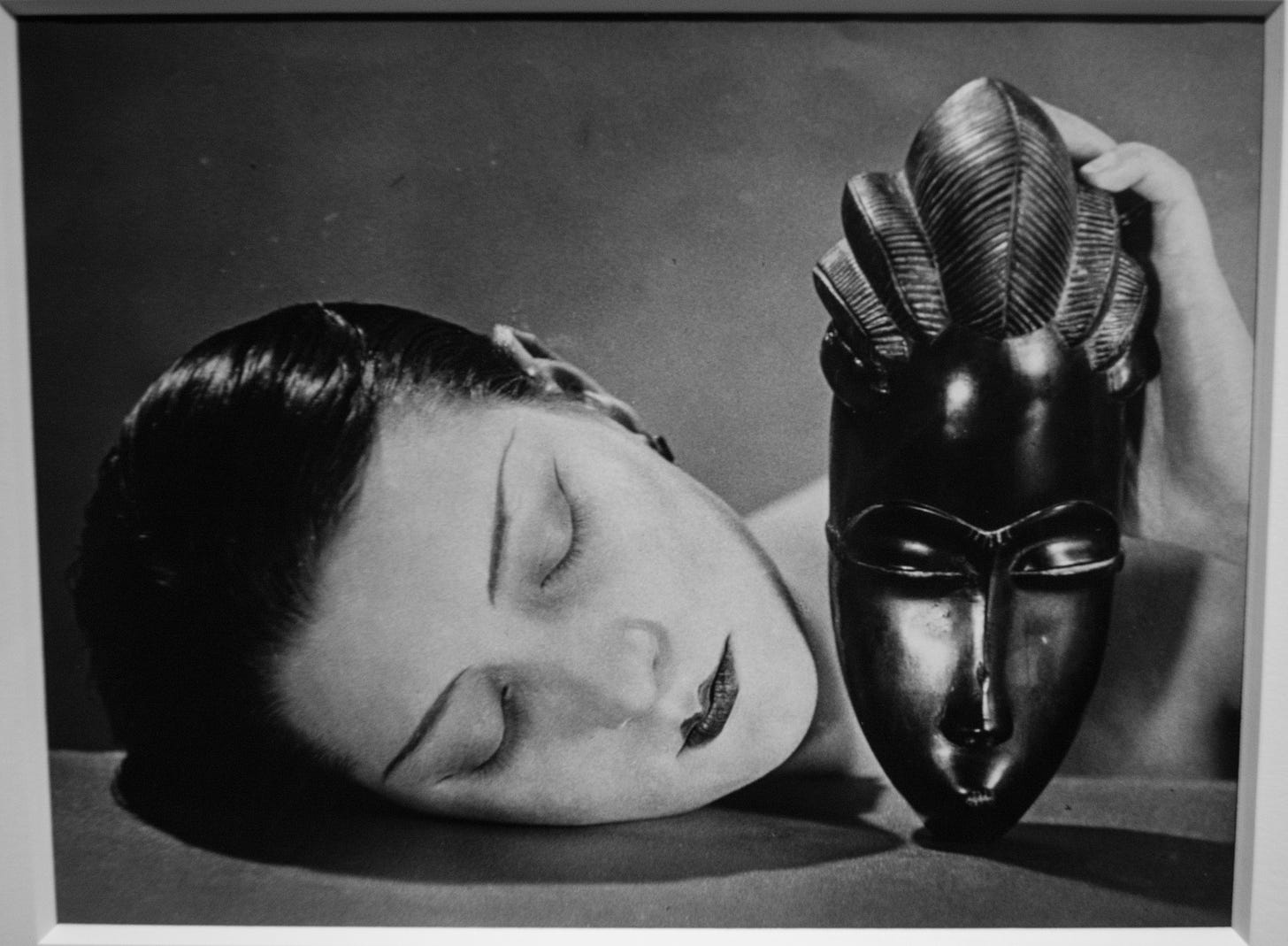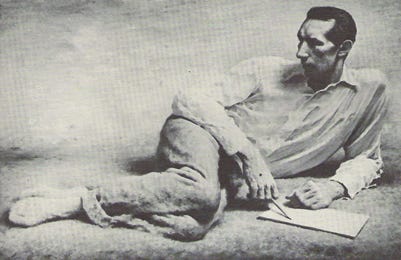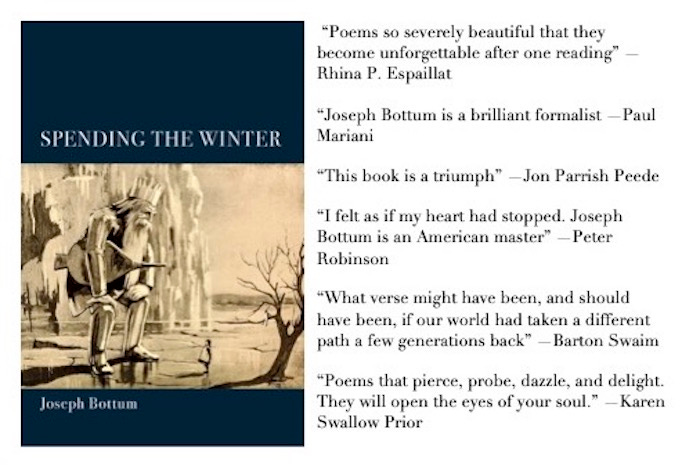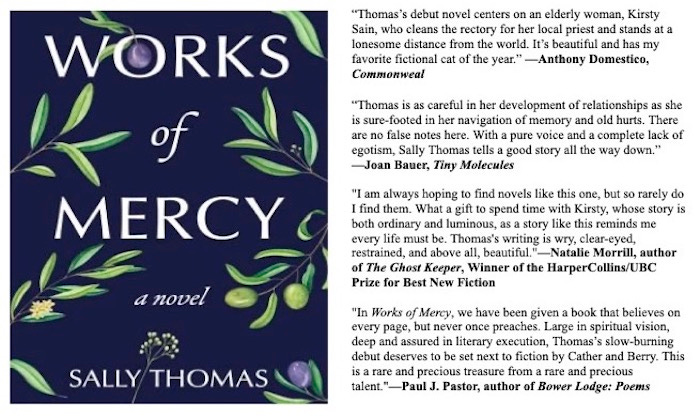
Joseph Moncure March (1899–1977) had his day and faded. Not that he shone all that brightly when he published The Wild Party in 1926. But the book-length poem was one of those racy productions that never quite died away after its first burst of scandalous success. Like Lady Chatterley’s Lover (1928) or, say, Venus in Furs (1870, but translated into English in 1921), it could be read for the lubricious parts, the titillated readers applauding themselves for the daring of consuming high-tone smut. But like its fellow Banned-in-Boston 1920s texts, The Wild Party had something more to it — although what, exactly, needs some work to explicate.
What are we to make of something like this, the most-often quoted passage in the book (partly, I suspect, because it’s racy enough to make the quoter feel brave and transgressive without actually being explicit):
Some love is fire: some love is rust: But the fiercest, cleanest love is lust. And their lust was tremendous. It had the feel Of hammers clanging; and stone; and steel: And torches of the savage, roaring kind That rip through iron, and strike men blind: Of long trains crashing through caverns under Grey trembling streets, like angry thunder: Of engines throbbing; and hoarse steam spouting; And feet tramping; and great crowds shouting. A lust so savage, they could have wrenched The flesh from bone, and not have blenched.
March was managing editor of the New Yorker for a while in the 1920s and a Hollywood screenwriter of middling success, caught up in Howard Hughes’s descent on Tinseltown. If he’s much-remembered, it’s only for The Wild Party and, to a lesser degree, The Set-Up, his 1928 book-length poem about an aging black boxer used as a set-up, deliberately losing bouts to rising young fighters.
The Wild Party opens with a burlesque actress named Queenie and her lover Burrs deciding to throw a decadent Hollywood party, stocked with bathtub gin. But the trouble with taking the poem as a Jazz Age story begins with its 1926 publication. In a 1931 essay called “Echoes of the Jazz Age,” F. Scott Fitzgerald would insist that the Jazz Age was over by 1923 — essentially finished for the young, as the older generations decided to stop decrying the new world of easy sex. Instead, they took over the revolution, discovering “that young liquor will take the place of young blood, and with a whoop the orgy began.”
Fitzgerald describes that change in what is, in essence, an elegy, and there’s similarly a sad undertone to The Wild Party: a realization that sex is not enough. Frantic partying is not enough. Burr’s attachment to Queenie is not enough.
To get to that, however, the reader has to see beneath the erotica, the ironic descriptions of a decadent life, and, especially, the speed of the verse. William S. Burroughs is said to have decided to become a writer after reading March, and the clearest connection of, say, Burroughs’s Naked Lunch (1959) to The Wild Party lies not in the smut (which probably owes more to Henry Miller) but in the racing speed of the racy writing. The entire Beat generation would take Joseph Moncure March’s pacing as an ideal, whether they knew March or not.
The underlying prosody of The Wild Party is not so much free verse as rhymed couplets of loose tetrameter, although that pattern is often violated or masked with line breaks. And yet, even in the looseness of its meter and morals, the poem is remarkable for rarely using difficult grammar or even image. As Today’s Poem — a selection from Part 2, Section 10 — shows, speed was all, and for speed The Wild Party remains a model.
The Wild Party (from Part 2, Section 10)
by Joseph Moncure March
The studio flickered with uneasy light. Two sunken candles made a fight Against grim, overwhelming night. Their flames flared, Whirled up gyrating; And a crowd of shadows hovered, Waiting. The curtains shivered with a sudden chill: They stirred a little on the window sill; Then billowed, and flapped inward Blown By a wind that smelled of damp stone. The room was filled with a stale reek. It looked dishevelled: Sordid: Bleak. Figures sprawled out Flat on their backs: Their faces were death-masks In dirty-white wax. The table was a wreck. Bleared glasses stood Half-empty, bottles stuck to wood. Cigarette stubs: Ashes: Bits of bread: Bottles leaning, Prostrate; Dead. A pink stocking: a corkscrew: A powder puff: a French-heeled shoe: Candle-grease. A dirty cup. An agate saucepan, bottom up. And a wet towel, with a stained border: All stirred together in wild disorder. Propped in a corner, two men stood giving Each other a lecture on the high cost of living. Horribly tight, Equally polite, Each insisted the other was right. They stood there mumbling, Gesturing, swaying: Neither one knew what the other was saying. The Victrola played steadily. Beside it sat A white-faced youth, with a battered hat Aslant on his frowsy, dishevelled head. Obviously, he wished he were dead. He sat hunched over, staring at the wall With eyes that saw no wall at all. With half of one large foot he kept The music’s rhythm. He wept. The record played on. Each time it ended, He would look up startled: greatly offended. He would then rise With streaming eyes. Carefully, With a face of pain, He would start the same tune over again.







WOW!
Wonderful descriptions of the affair with minimal words to stir the air.
Like an outline yet leaving no detail undone. Quite amazing.
I think the third stanza in the last selection has an error. It says, “ Flat on their back:” and I think it is supposed to be “backs” — not only to correspond with “wax” but also it refers grammatically to “figures”.
Aside from that, it’s quite the depiction of sex without love which takes takes takes. The wiser among us know that sex with love not only gives, but allows us to be co-creators with God, primarily in the form of children but also in unitive emotional connection. The power of this poem is to honestly depict a world without morals without moralizing. It’s pretty effective.